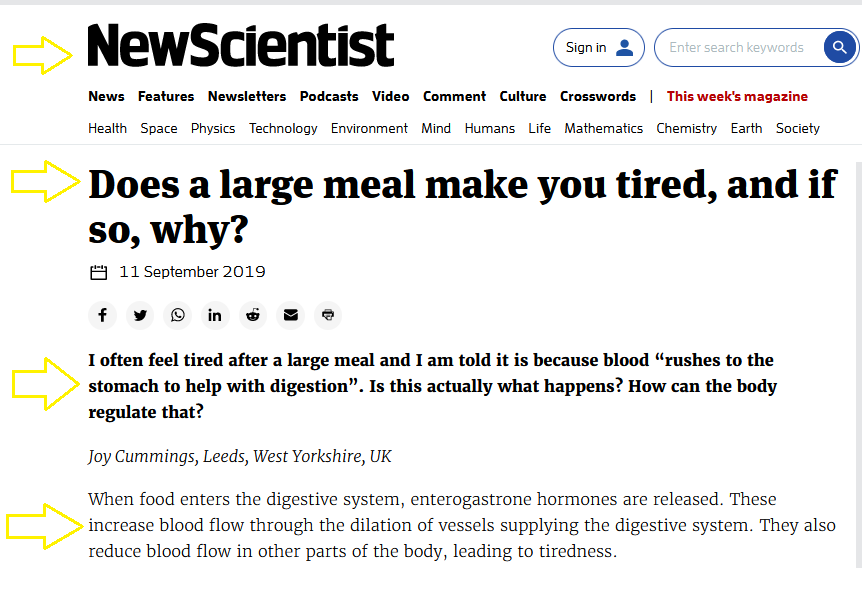Most healthcare experts seem to agree that eating a heavy lunch is not a good idea because it can cause a variety of negative effects on your body and mind. For starters, consuming a big meal at one time takes away the chance of snacking healthy and responsibly throughout the working day - critical when snacking is a part of your arsenal to keep away workplace laziness and fight off the sluggishness associated with being seated in a demarcated area every day. But there is a lot more...
And let's not forget about poor nutrient absorption. When you shovel too much food into your face at once, your body can struggle to get all the good stuff it needs. That means you might end up lacking important nutrients, which can mess with your overall health. Last but not least, heavy meals can be like a VIP ticket to Chronic Diseaseville. If you're constantly indulging in meals packed with saturated fats, trans fats, and added sugars, you're increasing your risk of things like heart disease, type 2 diabetes, and certain cancers. So, let's bring it home to your workplace. Eating a heavy lunch there can backfire in more ways than one. First off, it's a one-way ticket to Snoozeville. You'll be fighting off the Zzz monster instead of tackling your tasks like a boss. Blame it on all that blood rushing to your stomach, trying to digest that massive meal. Talk about a buzzkill.
Then there's the discomfort and bloating. Picture yourself trying to focus in a meeting while feeling like you swallowed a watermelon. Yeah, not exactly a recipe for success. That stuffed feeling can make it hard to sit at your desk, too. It's like your stomach is staging a revolt, complete with gas and all. And let's not forget the weight gain. Stuffing your face with a ton of food can lead to extra pounds creeping up on you. And trust me, those pounds don't play nice. They bring along their friends, like obesity, diabetes, hypertension, and heart disease. You definitely don't want to party with that crowd.
Oh, and did I mention the afternoon energy crash? That heavy lunch can mess with your glucose levels, leaving you feeling like a deflated balloon. Good luck making smart decisions, staying focused, or keeping your cool. It's like your brain checked out early for a vacation, and it's leaving you to deal with the consequences. To avoid this lunchtime disaster, here's the deal: opt for a balanced meal with plenty of fruits, veggies, lean proteins, and whole grains. And hey, watch those portion sizes! Don't go overboard. It's also a good idea to have smaller meals throughout the day instead of one mega meal. That way, you'll keep your energy levels steady and avoid the chaos of a heavy lunch.




No comments:
Post a Comment
Please Share Your Thoughts...